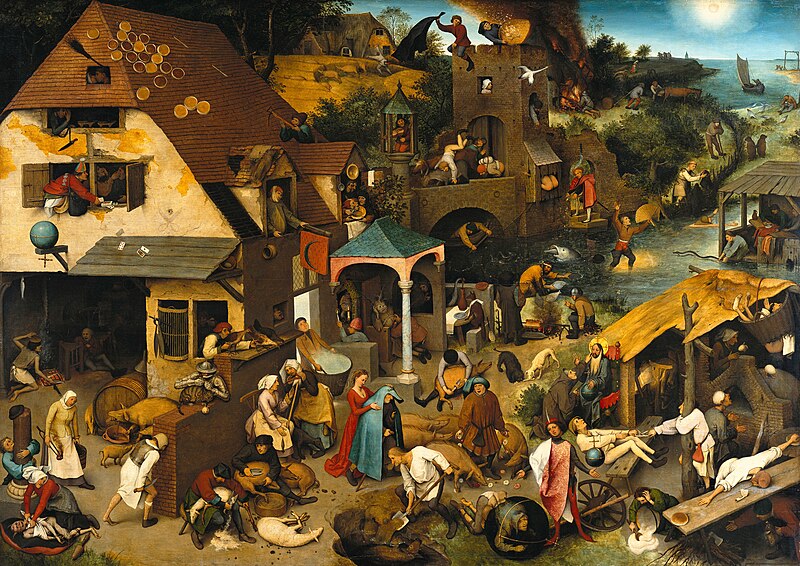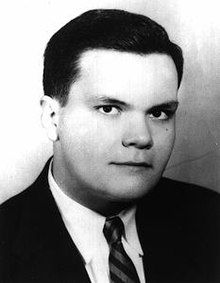Hello fellers. It's me, Ellie, your resident massive wimp and extinction expert.
What can I say? I love extinction.
(that was a joke please don't kill me elizabeth koone and every environmental protection organization)
Anyways, enough fun. You know that this blog is for Serious Matters Only, and I dedicate my life to preserving maturity and extreme professionalism.
So let's talk about this super cool and neat book about extinction!
I have to start of strong and say that Koone's writing style is wonderful. It really makes me feel a little less down about our rapidly decaying planet. We could kill off, like, millions of species by the year 2050. Think about that. God.
But seriously, Koone has incredibly vivid descriptions which go a long way to accentuate the beauties and tragedies of nature. Take this wonderful image:
What can I say? I love extinction.
(that was a joke please don't kill me elizabeth koone and every environmental protection organization)
Anyways, enough fun. You know that this blog is for Serious Matters Only, and I dedicate my life to preserving maturity and extreme professionalism.
So let's talk about this super cool and neat book about extinction!
If you're new here, The Sixth Extinction is a book by Elizabeth Koone that focuses on how we are on the brink of a sixth mass extinction, due to human beings being the absolute worst.
But seriously, Koone has incredibly vivid descriptions which go a long way to accentuate the beauties and tragedies of nature. Take this wonderful image:
"... The carnage had grown even more grotesque; many of the bat carcasses had been crushed, and now there was blood oozing out of them" (210)
Yeah, that's... absolutely disgusting, but here we go! The tragedies of nature. But these descriptions go beyond gore and yucky stuff- she's also more than capable of describing a lush tropical forest and a thriving underwater ecosystem. It's like you're reading a nonfiction book with the joys of some magical, fiction-like imagery. It completely discredited my once firmly-held belief that nonfiction is destined to be boring, as it lacks most of the cool symbolism and analyzing capabilities that fiction is known for.
For someone going in with that impression on nonfiction, I also greatly appreciate how relaxed her tone is. See, one of my greatest fears upon picking this book up was that it'd be nothing but completely confusing jargon, and that I wouldn't understand anything she's talking about. As I have limited experience with natural science and biology and everything else this book focuses on, it was a risky choice to pick up The Sixth Extinction.
I was pleasantly surprised to discover that Koole's tone was very informal, yet professional, unlike many of the other super serious nonfiction books I read that speak in long, extensive, tiring sentences that bewilder me with profusions of language and cornucopias of methodical balderdash. Think of getting a lecture from cool teacher like Mr. Perlman (please give me an A), and that's what reading this book is like. It's fun. She implements a few intelligent jokes and overall makes this book feel friendly.
I was pleasantly surprised to discover that Koole's tone was very informal, yet professional, unlike many of the other super serious nonfiction books I read that speak in long, extensive, tiring sentences that bewilder me with profusions of language and cornucopias of methodical balderdash. Think of getting a lecture from cool teacher like Mr. Perlman (please give me an A), and that's what reading this book is like. It's fun. She implements a few intelligent jokes and overall makes this book feel friendly.
"Only in a place where the rules of the game remain fixed is there time for butterflies to evolve to feed on the shit of birds that evolved to follow ants. Yes, I was disappointed that we hadn't found the ants. But I figured I had nothing on the birds" (192)
Doesn't that intrigue you? She said the s-word and made a joke where she compared her disappointment to birds. I'm having so much fun. Maybe the joke isn't fully understandable here, but you had to be there. I promise. Her tone is funny, it's very unique and pleasurable to read, which is definitely where she gets the most points from me.
I'm probably making this book sound like a profoundly beautiful, perfect in every way kind of thing. That's because it's a phenomenal book that I highly recommend to literally anyone who is at least slightly interested in our planet.
However, I will admit there are a few parts of this book that are pretty boring. For example, the parts where she talks about actual science. Haha. Just kidding. I love me some good science, but some points of the story just seemed to drag on forever and I had to force myself to get through it. It probably isn't Koone's fault entirely that some parts of science are just boring.
Listen, guys, I like trees and all, but reading a chapter about them when you just finished a super cool chapter about golden frogs is just extremely unfavorable. Maybe Koone had no decent way to make trees cool, and trees are important, so it's not like she could just forget about it. I like how I'm dissing the one chapter that talks about the BDFFP (Biological Dynamics of Forest Fragments Project), which is apparently "the most important ecological experiment ever done." God, I'm the worst. Maybe I'm just too childish.
The most entertaining and worthwhile parts of the book are where Koone describes her own personal experiences with nature and our rapidly depleting world. She's a wonderful observer- it's like I'm there, doing her science stuff.
I mentioned it before, but Koone has such an intelligent and beautiful way of composing her sentences and writing in a way that makes it sound unbelievably genuine, as if you're having a conversation with her. The ocean-related chapters are to die for, honestly (get it? extinction). She definitely brings the wonders of her travels into her descriptions of Earth's beautiful ecosystems. Koone appeals to every sense, though, not just sight. It's great.
Take some of these examples from one of my personal favorite chapters, "The Sea Around Us";
I mentioned it before, but Koone has such an intelligent and beautiful way of composing her sentences and writing in a way that makes it sound unbelievably genuine, as if you're having a conversation with her. The ocean-related chapters are to die for, honestly (get it? extinction). She definitely brings the wonders of her travels into her descriptions of Earth's beautiful ecosystems. Koone appeals to every sense, though, not just sight. It's great.
Take some of these examples from one of my personal favorite chapters, "The Sea Around Us";
"It is a raw, gray day, and we are thumping along in a fishing boat that's been converted into a research vessel..."
"... a whitish band of barnacles runs all the way around the base of the island, except above the vents, where the barnacles are missing"
"Streams of jellyfish waft by, just a shade paler than the sea"
"The water is frigid. Hall-Spencer is carrying a knife. He pries some sea urchins from a rock and holds them out to me. Their spines are an inky black"
"... I start to see bubbles rising from the sea floor, like beads of quicksilver. Beds of seagrass wave beneath us. The blades are a peculiarly vivid green. This, I later learn, is because the tiny organisms that usually coat them, dulling their color, are missing"
I think you get the point. What can I say? I love this chapter.
But I won't just focus on her writing style, I appreciate her organization as well. She doesn't just say "we suck!" and end it at that, she goes through the history of extinction as a concept. She goes all the way back to Darwin and Cuvier, which is a greatly appreciated detail that helps you to understand the magnitude of what a darn extinction is.
That sounds goofy, I know. Of course an extinction is bad, Ellie, you big fool. But it's still interesting to learn about the history of extinction and how it came to be a widely-recognized scientific topic. Koone goes into the pioneers of extinction, the disbelievers, and how we developed the meteor-dinosaur theory. It's fascinating. She doesn't limit it to one chapter, though, she blends it in with chapters even further into the book, making a nice constant as you read.
It's that supplementary information that adds to the experience of reading her book- she doesn't rely on our basic general ideas and understanding of extinction. For me, I find it hard to understand concepts that are as catastrophic as extinctions. It's hard to believe that millions of species could just die out. Plus, my general knowledge of extinction is that it killed the dinosaurs once. But Koone reveals that we've had five prior extinctions, each with death counts in the absolute billions. She explains how much we've truly lost over the course 500 million years.
Koone dives into the science behind the science. It's a lot of science, but she makes it work.
I've said "extinction" so many times. Geez.
Cuvier, the scientist behind the extinction theory, actually opposed evolution. These are the things you learn when you read The Sixth Extinction, which truly deserves the Pulitzer Prize, even if the known Pulitzer prize standards are unnecessarily vague.
Her chapters are easy to follow- each one closes nicely, and creates a swell transition between each. There are very few unanswered questions or miscellaneous cliffhangers. Each chapter specializes in one main topic, like trees or penguins or frogs. This specialization aids in realizing the magnitude of extinction but also, obviously, assists the understanding of each topic. I just appreciate her organization of chapters, which may sound a little goofy, but it's pretty important.
At the end of this book, I was satisfied, y'know? It was an eye-opening story that put a lot of things into perspective. I'm aware of what's going on now. I'm an environmental activist. Anyways, my rating of this book is a good 9.3/10.
Thanks for following the blog.





































